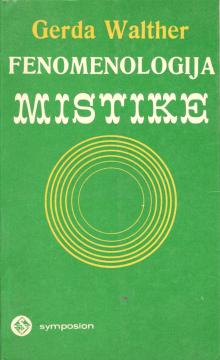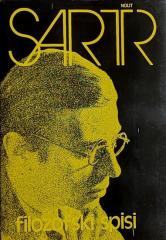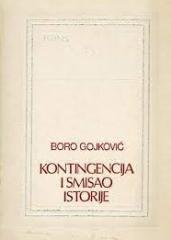
Fenomenologija mistike
A work by German philosopher Gerda Walther, which deals with the phenomenological analysis of mystical experiences. Walther explores the nature of mystical experiences, attempting to understand their essence and the structure of the consciousness that exp
The central theme of the book is the examination of mysticism as a special form of consciousness, distinct from everyday experience. Using Husserl's phenomenological method, Walther defines mysticism as the immediate, intuitive experience of the transcendent, which transcends rational and empirical cognition. She applies phenomenological reduction to "embrace" the natural world and direct attention to pure consciousness, exploring how mystical phenomena appear in it. She focuses in particular on experiences of union with the divine, inner light, and feelings of universal connection.
Walther distinguishes between different types of mystical experiences, such as Christian, Buddhist, and non-religious mysticism, emphasizing their common elements as well as their specificities. She analyzes the role of emotions, intuition, and the body in mystical experiences, emphasizing that they are deeply personal but also universal. She also discusses the relationship between mysticism and psychosis, distinguishing them through a phenomenological approach.
The book emphasizes the importance of phenomenology for understanding mysticism, because it allows for the examination of subjective experience without prejudice. Walther calls for further research into mystical phenomena to better understand their role in human consciousness and spirituality.
One copy is available
- A message of a personal nature


